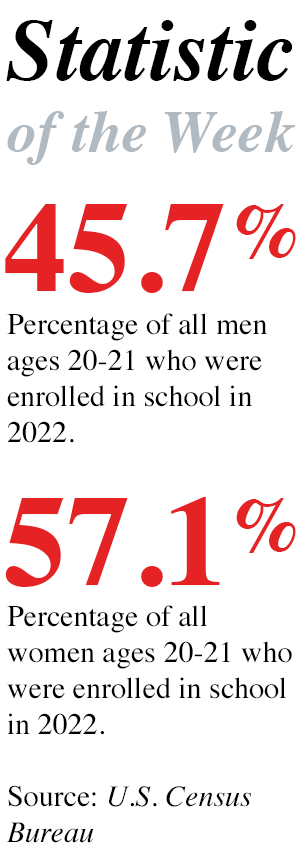Academic Study Finds Social Media Breastfeeding Support Groups Can Have Many Positive Effects
Posted on Dec 05, 2018 | Comments 0
A new study by researchers at the University of Alabama at Birmingham and Johns Hopkins University in Baltimore, finds that social media breastfeeding support groups can have a major positive impact for breastfeeding mothers.
 Kara Skelton, a postdoctoral researcher at the Bloomburg School of Public Health at Johns Hopkins University and the lead author of the study, reports that “we have known that mothers seek support for breastfeeding through a variety of channels. We wanted to know whether social media support groups made a difference during the postpartum period for a mother.”
Kara Skelton, a postdoctoral researcher at the Bloomburg School of Public Health at Johns Hopkins University and the lead author of the study, reports that “we have known that mothers seek support for breastfeeding through a variety of channels. We wanted to know whether social media support groups made a difference during the postpartum period for a mother.”
The results found that new mothers were more comfortable communicating their experiences, asking questions and seeking out support within social media groups made up of their peers. As a result, they were more confident in breastfeeding their child and were able to address challenges within this highly trusted group in real time. For example, a mother who is struggling with a particular situation at 2 a.m. was able to access the community for support from other moms who also were struggling at that exact moment.
“Mothers in these groups really opened up and created trust-based relationships, allowing for honest discussion,” Dr. Skelton said. “The community of women who are going through the same situation creates a sense of empathy and compassion toward each other.”
Dr. Skelton concludes that “social media continues to become more and more powerful and a primary form of communication.” Our mission “is now focused on integrating health care professionals and organizations into the online conversation.”
Dr. Skelton holds a master’s degree in community health education and a Ph.D. in health education and promotion from the University of Alabama at Birmingham.
The full study, “Exploring Social Media Group Use Among Breastfeeding Mothers: Qualitative Analysis,” was publishing in the Journal of Medical Internet Research: Pediatrics and Parenting. It may be accessed here.
Filed Under: Research/Study








